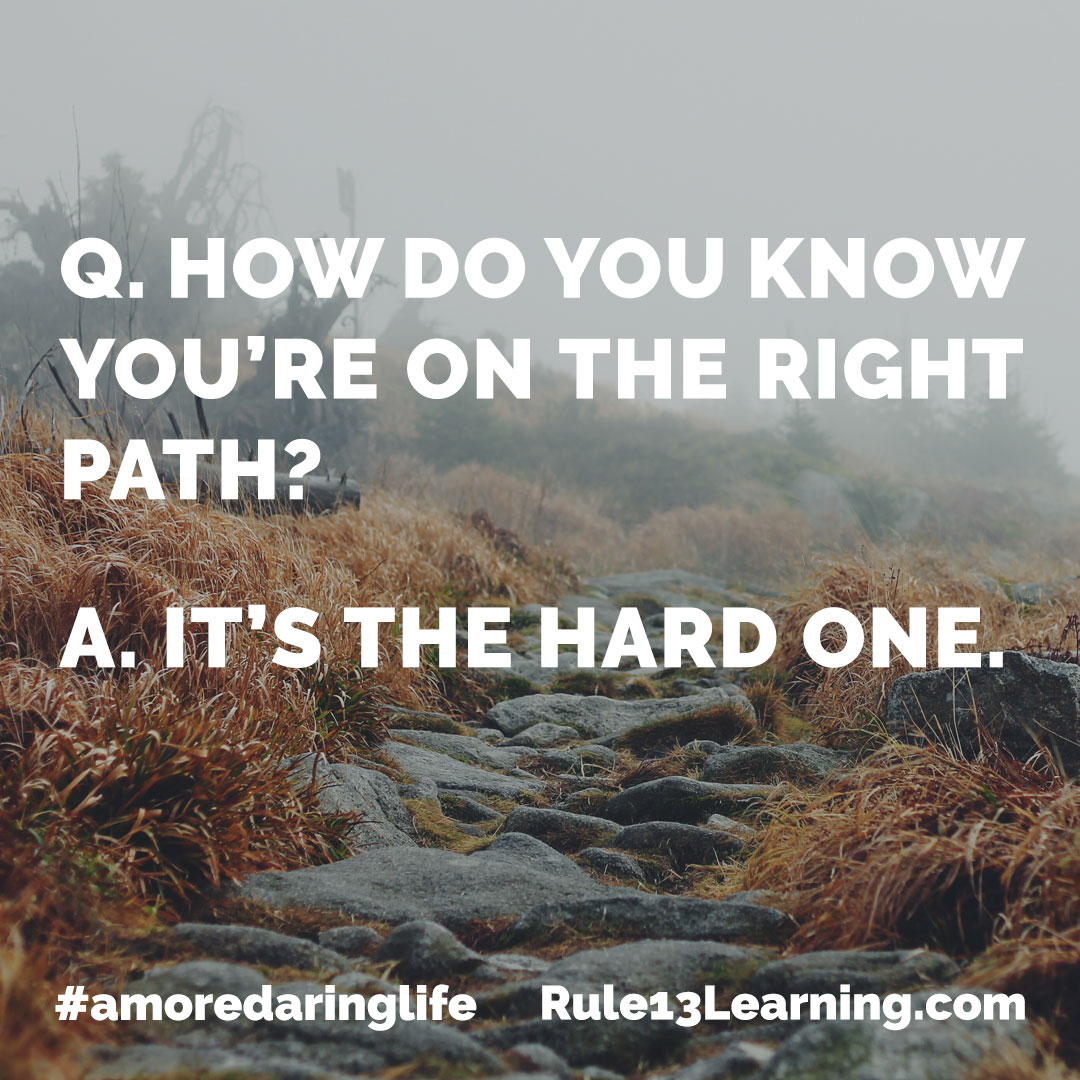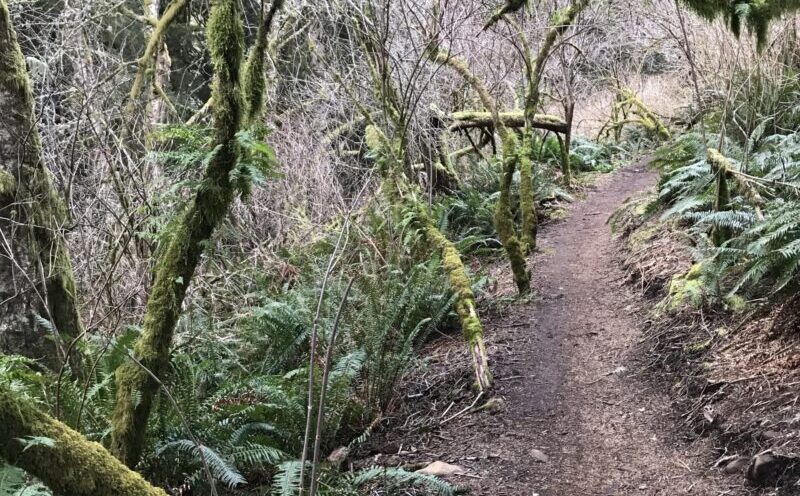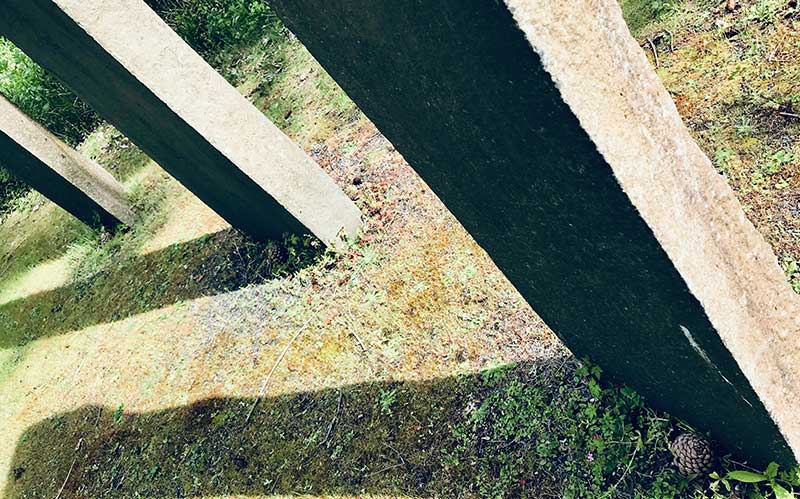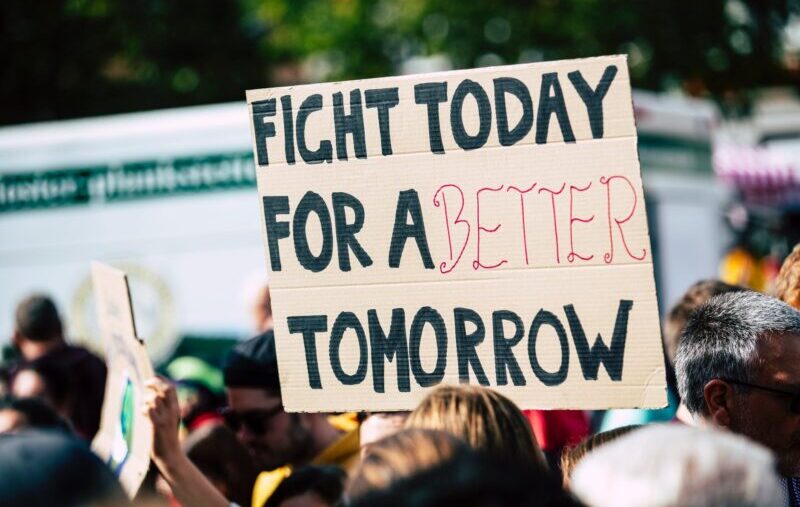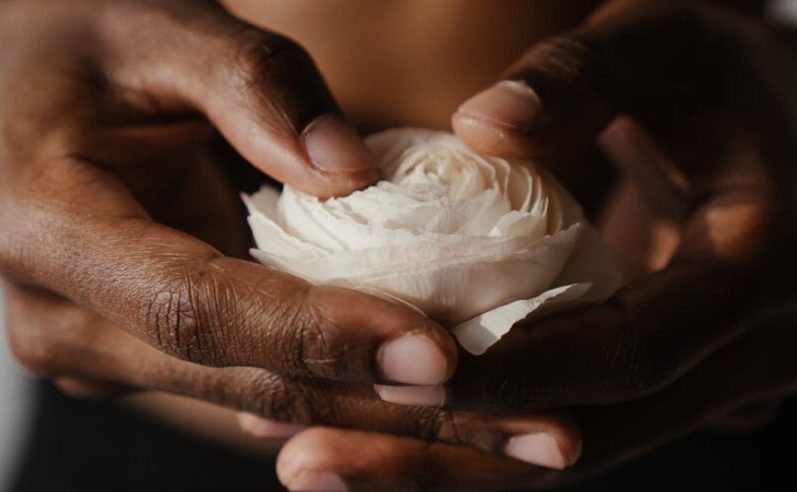I don’t want to start a philosophical or theological debate about this so let me offer a caveat at the outset: when I distinguish between a human being and a person I am distinguishing between the common accident of birth all Homo sapiens share and how some turn that accident into an intentional, conscious life. In my experience there is a vast difference between the two.
In my case, I don’t think that I became a person until I was 35 years old, because up until that age, even though I had done so many wonderful, beautiful things and faced so many deeply challenging circumstances, I had not honestly confronted my lack of consciousness about my self…my person.
You could argue that what I’m getting at here is more a question of maturity than personhood but I don’t find that word satisfying since it implies that if you live long enough you’ll get to self-awareness; again, the accident argument.
To become a person then, requires a conscious choice to venture out and away from the self in order to fully and wholly return to it. I am reminded of Mary Oliver’s poem, The Journey, which begins:
“One day you finally knew
what you had to do, and began,
Though the voices around you
kept shouting
their bad advice –“
That bad advice?
“Don’t do it! Don’t go! Stay here in the pleasantly familiar, entirely predictable pattern of a semi-conscious life. Don’t realize how you have allowed your circumstances to rob you of your freedom to choose how you will live.”
And (even more desperately now),
“Don’t remind me of my own fear, my own shame, my own self-satisfied stuckness by confronting your own!”
To become a person is to leave behind the relationships that hold you down – including the one with yourself – and take on the ones that build you up.
What is it, though, that gets you to the place where “you knew what you had to do and began.”?
For some, it’s tragedy; surviving an illness or a disaster, or grieving someone who did not.
For some, it’s the advent of anger that persists in unexpected, irrational ways. This can emerge in a new marriage or at the arrival of children, deep tears in the fabric of the familiar.
For others, it’s meeting a person of considerable influence who will not be bound by our rules of engagement, who hits us right between the eyes with the feedback we always knew was true but could never willingly hear.
And for others, it’s the revelation of childhood trauma, the awareness that their vulnerability was victimized by someone who knew better but still succumbed to their worst inclinations.
Whatever the source, our inner dynamics always find a way to emerge and provide us with a choice: will I remain constructed in this way (human) or will I set out to reconstruct myself into a person, by stepping into “…a wild night, and the road full of fallen branches and stones.” (again, The Journey.)
There is no path to becoming a person that is not littered with risk, real or imagined, which is why many people choose not to walk towards transformation.
Once again, I am neither a philosopher nor a theologian. Rather, I am a student of the human experience, as practiced through executive coaching and organizational consulting. My domain of interest and influence is organizational life and how it can be made richer, more positive and more productive for every human, indeed, for every person who participates in it.
This is, then, a request to all leaders to take the steps necessary to become a person. Until you do, your human leadership is a roadblock to the positive, productive richness that your people both deserve and crave. For yourself, for them, please walk out into that wild night, leaving the voices behind and “save the only life you can save.”
Here’s the poem in full:
The Journey
One day you finally knew
what you had to do, and began,
though the voices around you
kept shouting
their bad advice–
though the whole house
began to tremble
and you felt the old tug
at your ankles.
“Mend my life!”
each voice cried.
But you didn’t stop.
You knew what you had to do,
though the wind pried
with its stiff fingers
at the very foundations,
though their melancholy
was terrible.
It was already late
enough, and a wild night,
and the road full of fallen
branches and stones.
But little by little,
as you left their voices behind,
the stars began to burn
through the sheets of clouds,
and there was a new voice
which you slowly
recognized as your own,
that kept you company
as you strode deeper and deeper
into the world,
determined to do
the only thing you could do–
determined to save
the only life you could save.
– Mary Oliver
DAVID BERRY is the author of “A More Daring Life: Finding Voice at the Crossroads of Change” and the founder of RULE13 Learning. He speaks and writes about the complexity of leading in a changing world.

